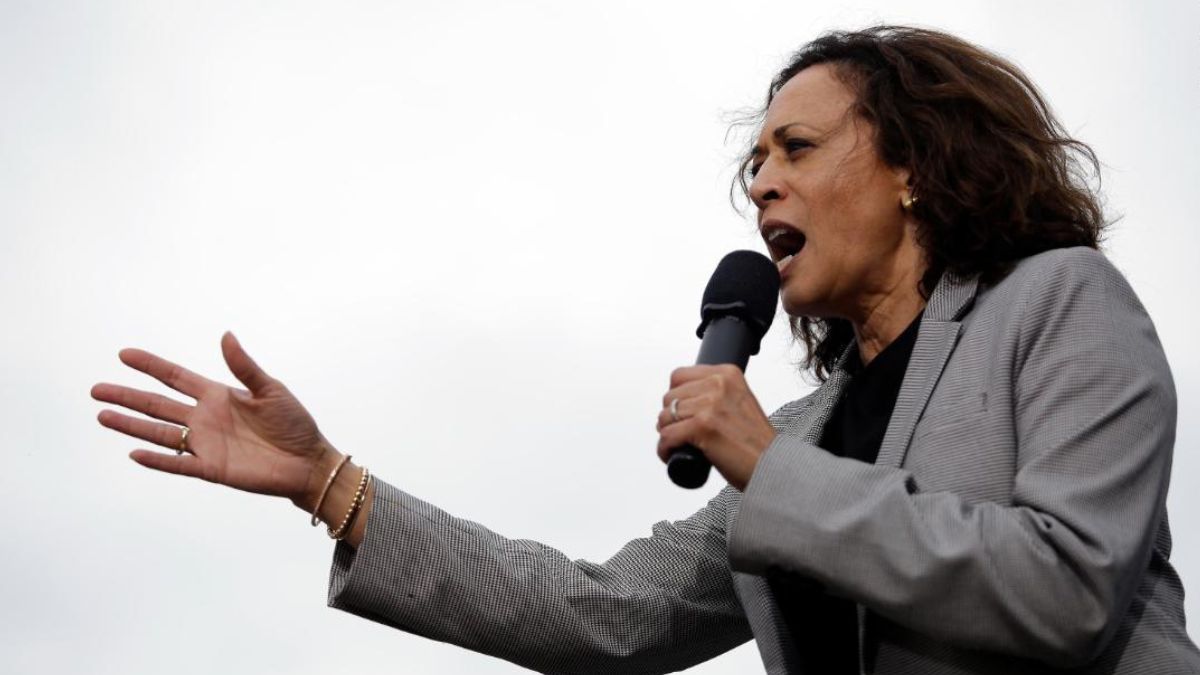The Kamala Harris campaign is grappling with controversy after its Arab-American outreach director made contentious remarks about the influence of “Zionists” in American politics. The comments, which were made during a recent public appearance, have drawn sharp criticism from various quarters, leading to calls for clarification from the Harris campaign.
The outreach director, tasked with building bridges between the Harris campaign and Arab-American communities, stated that “Zionists are controlling a lot” of American politics. The remarks were seen by many as echoing longstanding and harmful conspiracy theories that have been used to vilify Jewish communities and their support for Israel. Critics argue that such language is not only divisive but also perpetuates dangerous stereotypes.
The backlash was swift, with Jewish organizations and political figures condemning the statement as anti-Semitic and demanding an explanation from the Harris campaign. Many pointed out the troubling implications of attributing undue political influence to a particular group, a tactic that has historically been used to sow distrust and division in societies.
In response to the growing controversy, the Harris campaign issued a statement reaffirming its commitment to fighting all forms of hate and bigotry, including anti-Semitism. The campaign emphasized that the outreach director’s views do not reflect those of Vice President Harris, who has consistently advocated for inclusivity and respect for all communities.
However, the incident has highlighted the challenges the Harris campaign faces in balancing its outreach efforts across diverse constituencies, each with its own set of priorities and concerns. The comments have also sparked a broader debate about the language used in discussions about Middle Eastern politics and the Israeli-Palestinian conflict, particularly in the context of American electoral politics.
Supporters of the outreach director argue that the comments were taken out of context and that the intent was to critique what they perceive as a disproportionate influence on U.S. foreign policy, rather than to target a specific ethnic or religious group. They also point to the director’s long history of advocating for Arab-American rights and fostering dialogue between communities.


